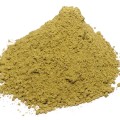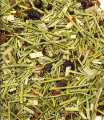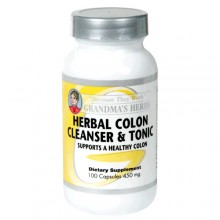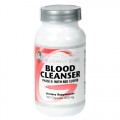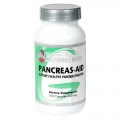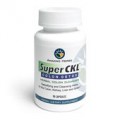 Loading... Please wait...
Loading... Please wait...- Home
- About Us
- Shipping, Returns & FAQ's
- Contact Us
-
For Your Information
- Canadian Customers Have a Choice if Shipping Via UPS
- Aura Cacia Homemade Aromatherapy Recipes
- Bella Nella Altered Art & Paper Crafts Blog
- Forms of Herbal Preparations
- Laundry Tips To Conserve Energy Blog from The Laundress
- The Story of Frontier Natural Products Co-Op
- Sovereign Silver Hydrosol and Aloe Protocol Stops Downward Spiral of Gut Dysbiosis
- Disclaimers
- Recommended Links
- RSS/Recent News
- The Story of Typhoon Housewares
- Reviews/Testimonials
- Raw Ingredients for Mfg
- Home
- Supplements
- Digestive
- Colon
- Herbal Colon Cleanser & Tonic 450 mg 100 Caps Grandma's Herbs
Herbal Colon Cleanser & Tonic 450 mg 100 Caps Grandma's Herbs
RRP:
Your Price:
R$47.7118
(You save R$28.1152)
SKU:
GH7927
Brand:
Rating:
Shipping:
Calculated at checkout
Gift Wrapping:
Options available
Product Description

![]() Supports a healthy colon
Supports a healthy colon![]() Herbs are carefully selected and finely ground four quick release and maximum effectiveness
Herbs are carefully selected and finely ground four quick release and maximum effectiveness
Find Similar Products by Tag
Alfalfa aloe vera Barberry Root Blue Flag Root Blue Vervain Buckthorn Bark Butternut Bark calendula Cascara Sagrada Bark chamomile chicory Clove Bud constipation Dandelion Root fennel seed flax seed Gentian Root Ginger laxative licorice Marshmallow Root Psyllium husk Psyllium Seed Red Clover Tops Red Raspberry Rhubarb Root sage senna Slippery Elm Bark Yucca
You Recently Viewed...
Currency Converter
Choose a currency below to display product prices in the selected currency.




